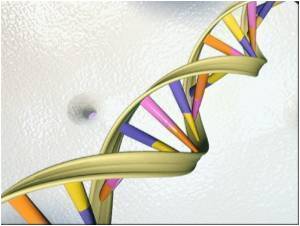Stressful life events such as job loss, accident, death of a loved one can trigger major depression in one person, but not in another.

TOP INSIGHT
Noradrenergic neurons trigger the body's response toward resilience or vulnerability to depression.
"We know that a small cerebral structure, known as the ventral tegmental area, contains dopaminergic neurons that play a key role in vulnerability to depression," explained Bruno Giros, whose team is part of the CIUSSS de l'Ouest-de-l'Île-de-Montréal research network. By mimicking stressful life events in animal models, the researchers confirmed that increased dopaminergic neuron activity corresponds to depression.
Vulnerability under control
Their research further shows that a second type of neuron, noradrenergic neurons, controls dopaminergic neuron activity. "It is this control that steers the body's response toward resilience or toward vulnerability to depression," said Giros.
Noradrenergic neurons are located in a cerebral structure named Locus coeruleus. These neurons communicate with each other using noradrenaline, a neurotransmitter molecule involved in emotional regulation, sleep and mood disorders--and, Giros now believes, resilience and depression.
"Beyond this discovery about the brain mechanisms involved in depression, our results help explain how adrenergic drugs may work and could be used to treat major depression," Giros said.
 MEDINDIA
MEDINDIA




 Email
Email










